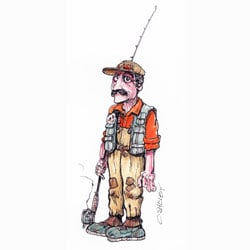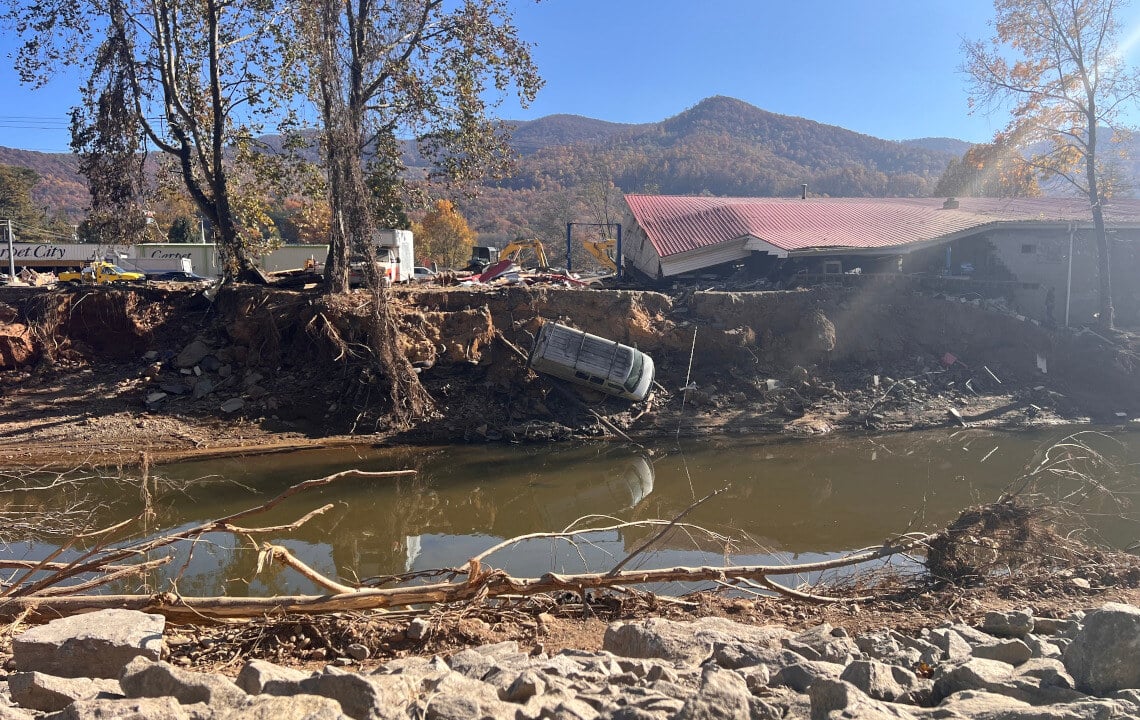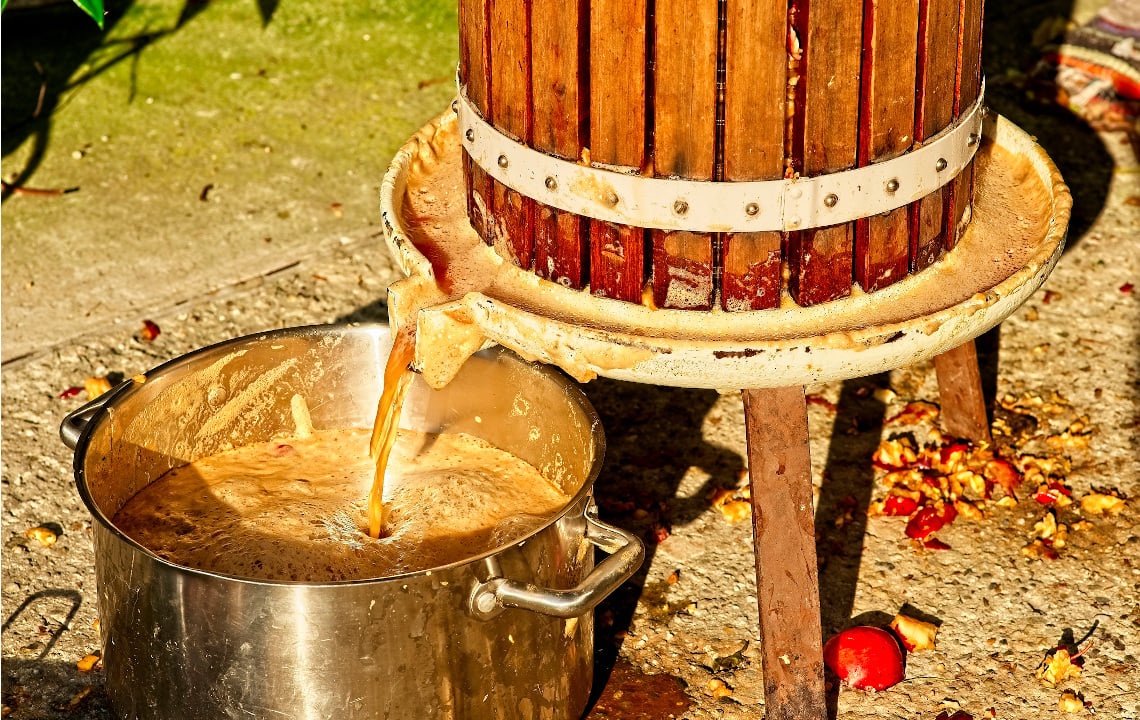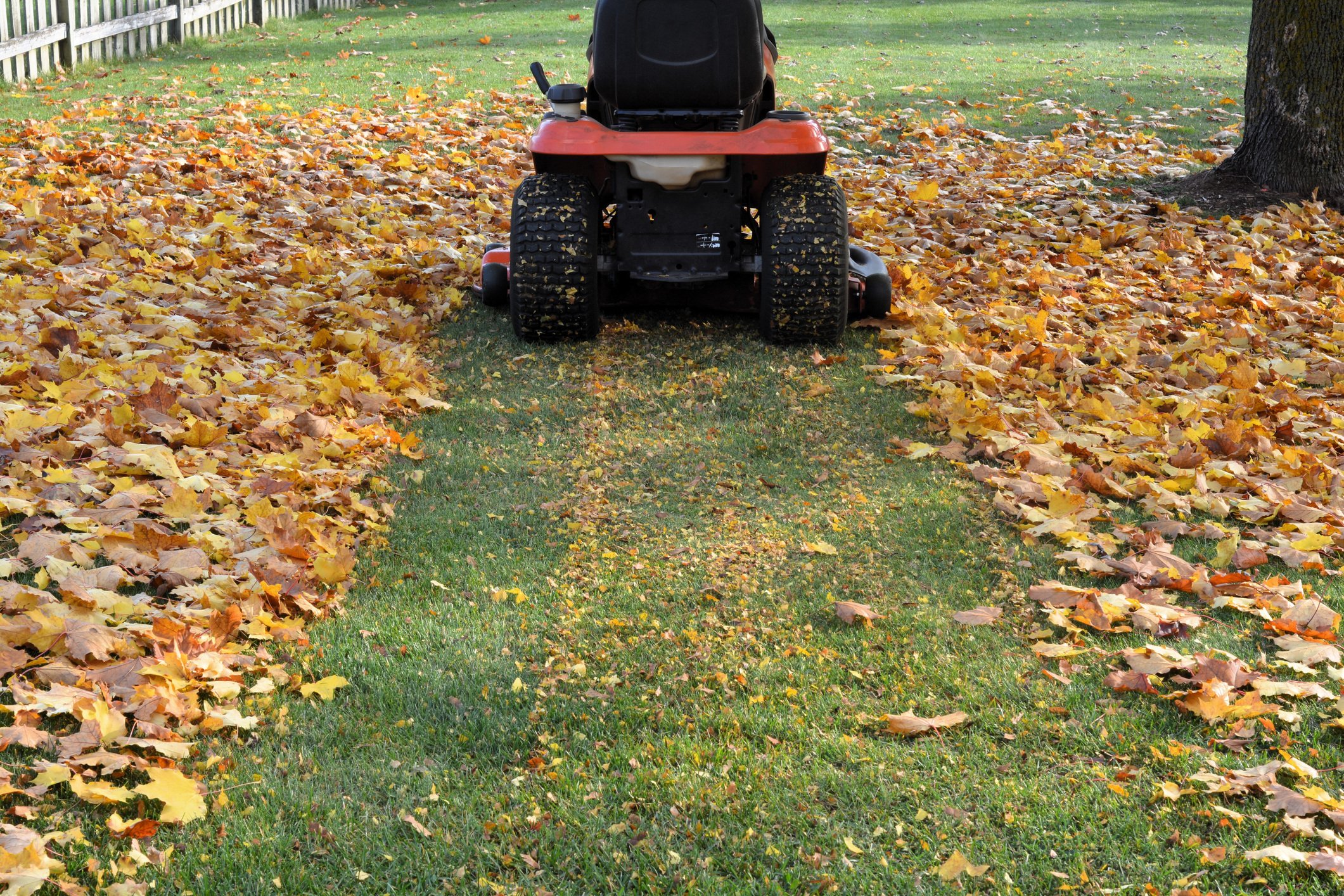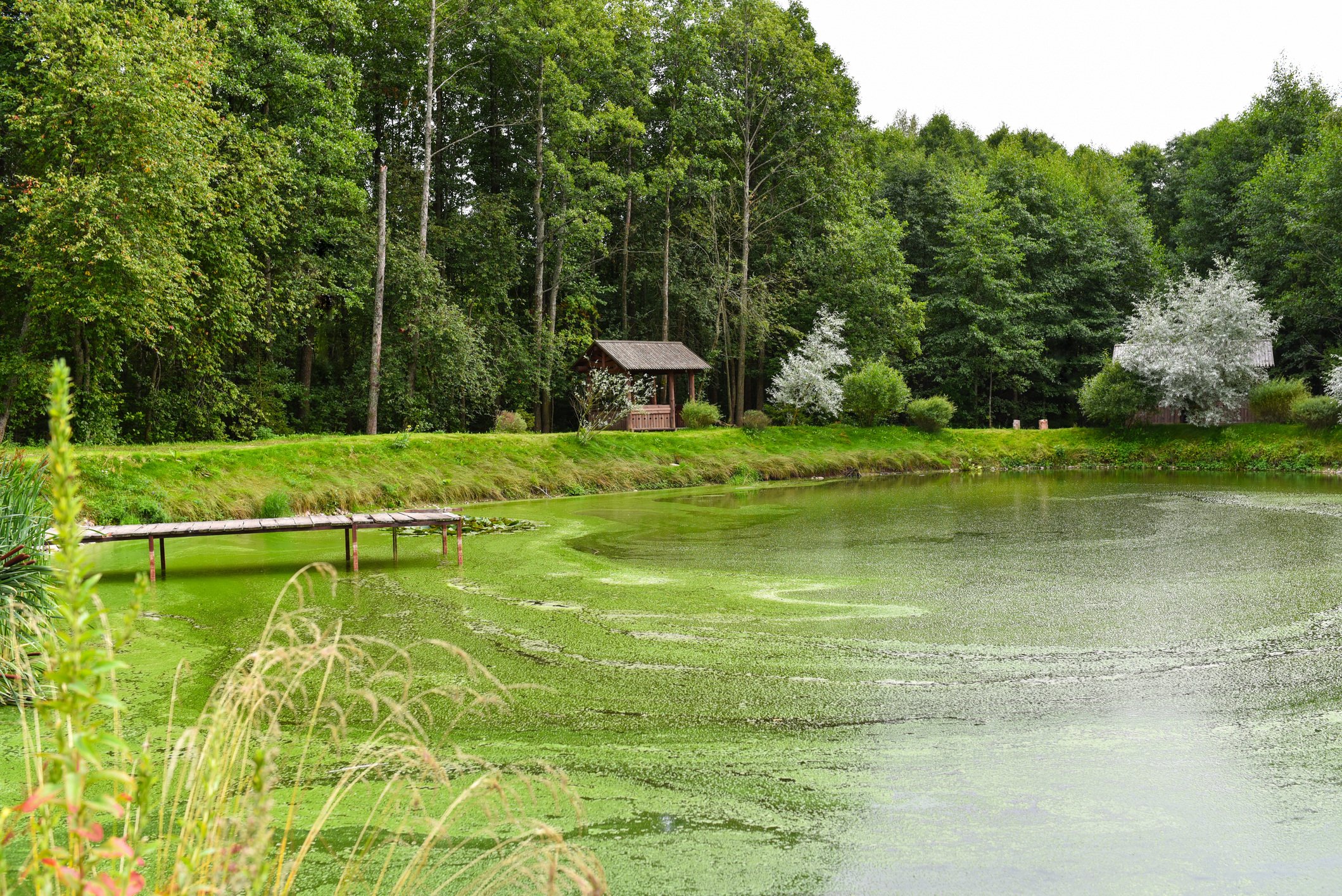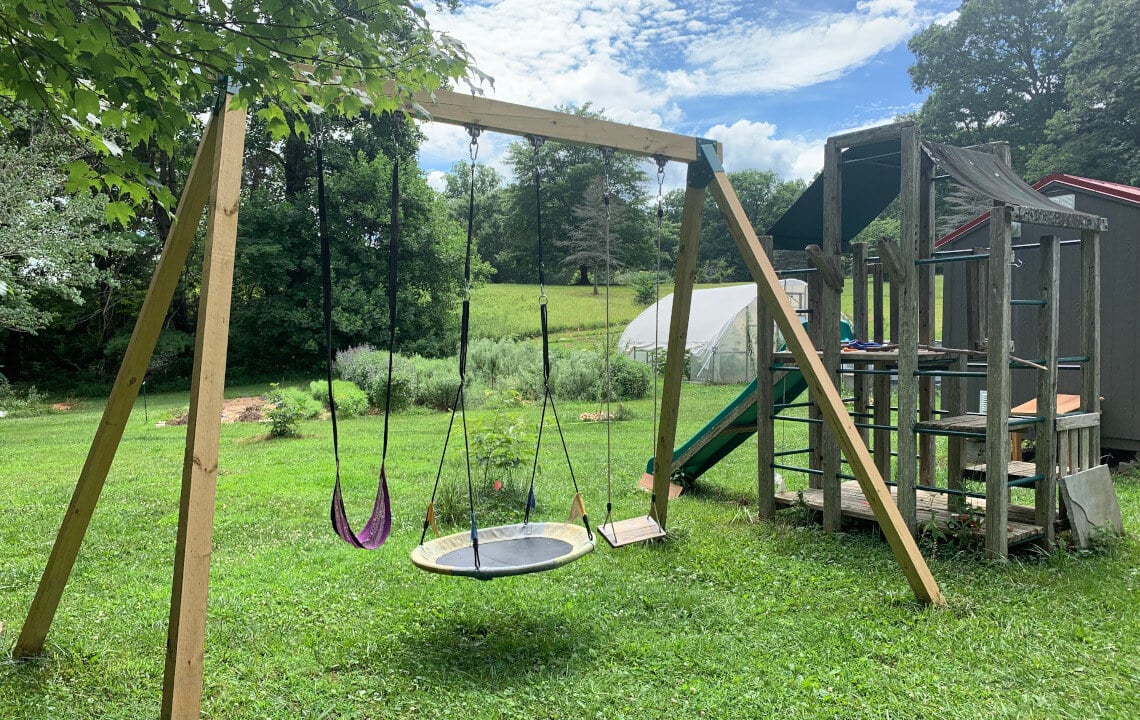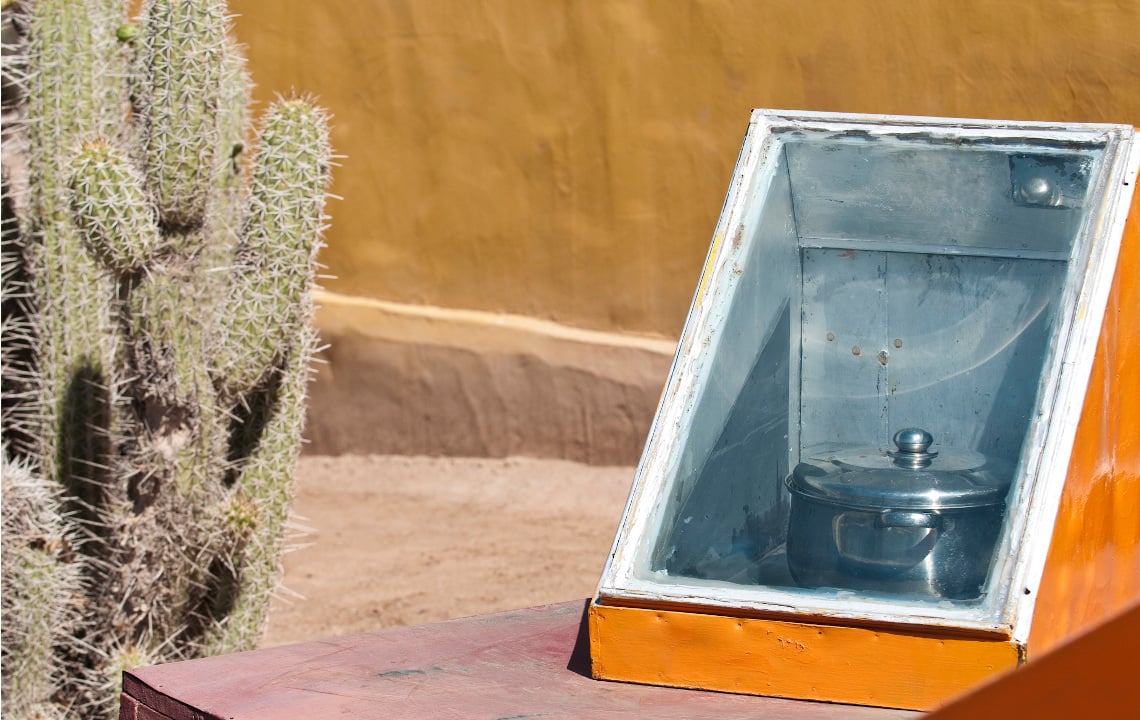Hypothermia is no laughing matter, yet in a number of ways, it’s a funny ailment. For starters, it doesn’t have to be freezing for you to be freezing. Hypothermia occurs when your body cools to the point that key organs cease to function properly, something which happens to me routinely but my doctors write off to old age. Yet for normal people, this can begin when your internal temperatures decline as little as a few degrees.
Another oddity of the ailment is that it’s not always obvious to the victim. The challenge, therefore, involves avoiding something you might not readily detect. So how do you tell you have hypothermia? For starters, let’s talk about some of the signs that signal you’re freezing.
For instance, as the body cools, it begins to shiver to generate heat. So if you’re shaking harder than a hula dancer on a Hawaiian cruise ship, you might be freezing.
Many victims of hypothermia experience clouded thinking. For some of us, this can happen at room temperature. I think what the medical experts have in mind is more clouded than normal.
One of the next symptoms is that confusion sets in. Oddly enough, it’s not unusual for hypothermia to cause the victim to begin removing clothes, a fact rarely missed by non-hypothermic hunting and fishing partners.
Pale, cold skin is another symptom, particularly for those who remove their clothes. Drowsiness and lethargy are common also, and as with the clouded thinking signal, the medical gurus are thinking more lethargic than normal.
As you might guess, one reason hypothermia can sneak up on you is that it comes in degrees, particularly colder ones.
Hypothermia is easiest to treat by avoiding it, so you need to recognize conditions conducive to its development. Here are a few clues that tell you it’s really too cold to be outdoors:
For instance, you know it’s cold if all the deer hunters are trying to partner with the Sterno salesman.
Also, you know it’s cold when wolves stop marking their territories for fear of getting stuck.
Another sign it’s cold is that Fox News runs a special bulletin announcing that Al Gore came out in favor of global warming.
Furthermore, you know it’s cold if you think you saw a woolly mammoth in your driveway, when in fact, it was the mailman in a Snuggie.
As if these signs don’t tip you off, there’s one more you should look for. That’s when the Polar Bear Club takes their annual dip in a hot tub.
But even with clues such as these suggesting you stay home, some people insist on going out anyway. So for these folks, an ounce of prevention is worth a pound of cure.
For starters, avoid overexposure. I’ve been known to achieve this by staying in bed. Temperatures as warm as fifty degrees Fahrenheit can contribute to hypothermia, especially in damp, windy conditions, or as I like to describe it, sleeping weather.
Also, it has been proven that most body heat is lost through your head. So either wear a hat or go ahead with that toupee purchase you’ve been thinking about.
Oddly enough, your diet can affect your tendency to develop hypothermia. Alcohol should be avoided unless you plan to light it. The same goes for coffee. But if you can light your coffee, you have worse problems than hypothermia.
Despite the warnings of dangerous weather and signals for the onset of hypothermia, many outdoorsmen plow on through and get themselves into trouble. In the event someone in your group develops hypothermia, the general idea is that you have to find a way to raise his body temperature. In mild cases, you could probably achieve this simply by talking politics.
Should the victim be wearing wet clothes, the first step is to replace these with dry ones. Moisture wicks away body heat faster than your last paycheck disappears in a gun shop.
In some cases, you will have to use your own body heat to regenerate the victim. One method commonly suggested is that both of you remove your clothes and get inside a sleeping bag. Generally, this works best without witnesses.
All in all, prevention of hypothermia is undoubtedly the best route. And if you need a little motivation on that front, just let that last image of you and your hunting buddy together in a sleeping bag simmer a little bit.
That ought to be motivation enough.
Wish you had hunting land of your own? Raydient Places + Properties features rural land for sale in the South, including a number of recreational properties ideal for hunting. Take a look a the current inventory at RaydientPlaces.com.




